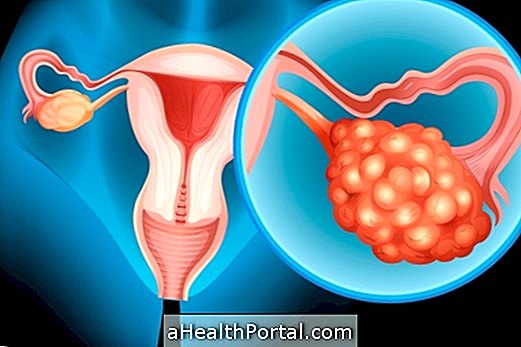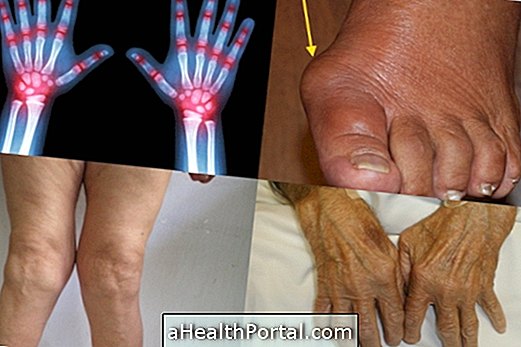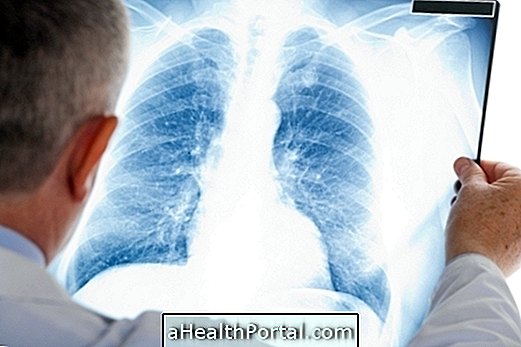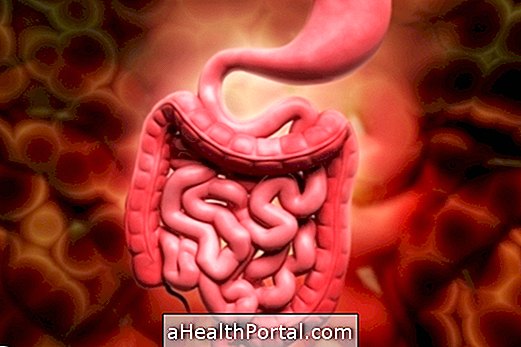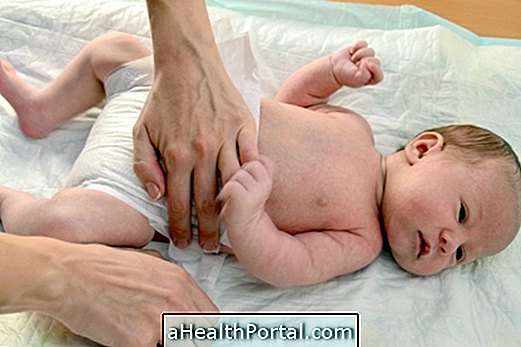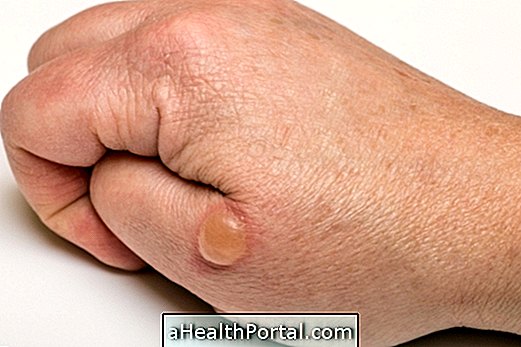The cyst in the brain is a type of benign tumor, usually filled with fluid, blood, air, or tissue, which may already be born with the baby or develop throughout life.
This type of cyst is usually silent, and therefore, in most cases, it is only identified by some routine examination, such as computed tomography. After identification of the cyst, the neurologist is followed up with tomography or periodic magnetic resonance imaging to see if there is an increase in size. Thus, when cyst becomes very bulky or causes symptoms such as headache, convulsion or dizziness, it should be removed by surgery.
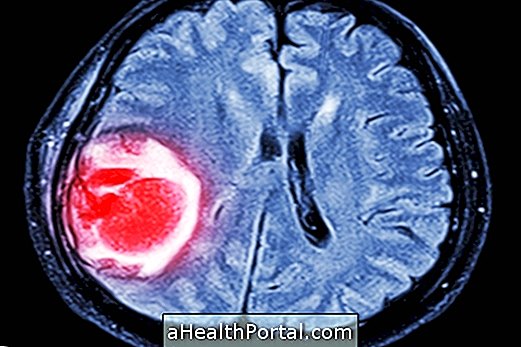
Types of cerebral cyst
There are some types of cyst that form in different locations of the brain:
- Arachnoid cyst : is a congenital cyst, that is, that is present in the newborn, and is formed by the accumulation of liquid between the membranes that cover the brain and the spinal cord;
- Epidermoid cyst and Dermoid : are similar types of cyst, also formed by changes during the development of the fetus in the uterus of the mother, and are filled by cells of the tissues that form the brain;
- Colloid Cyst : This type of cyst is located within the cerebral ventricles, which are places where the fluid that surrounds the brain is produced;
- Pineal cyst : is the cyst that forms in the pineal gland, an important gland that controls the function of various hormones in the body, such as those produced in the ovaries and thyroid.
Usually, the cysts are benign, but in some cases they can hide a cancer. To evaluate this possibility, MRIs are performed for follow-up and blood tests to assess inflammation in the body.
What can cause cyst
The main cause of cerebral cyst is congenital, that is, it is formed during the development of the child in the mother's uterus. However, other causes can contribute to the formation of the cyst, such as a blow to the head, as a consequence of a stroke or a degenerative disease, such as Alzheimer's, or even brain infections.
Main symptoms
Generally, the cyst is asymptomatic and does not cause complications, but if it grows too large and compresses other structures of the brain, it can cause symptoms, such as:
- Headache;
- Seizures;
- Dizziness;
- nausea or vomiting;
- Sleep disorders;
- Loss of strength;
- Imbalance;
- Vision changes;
- Mental confusion.
These symptoms may be due to their size, location, or formation of hydrocephalus, which is the buildup of fluid in the brain, as the cyst may obstruct drainage of the fluid circulating in the region.
How it is treated
When the cyst is small, it does not increase in size and does not cause symptoms or discomforts, the neurologist does only one follow-up, repeating the tests annually.
If symptoms develop, one may try to control them with analgesic, anticonvulsant or nausea and dizziness medicines prescribed by the neurologist, but if they persist or are very intense, surgery to remove the cyst should be done by the neurosurgeon to resolve, definitely the problem.







